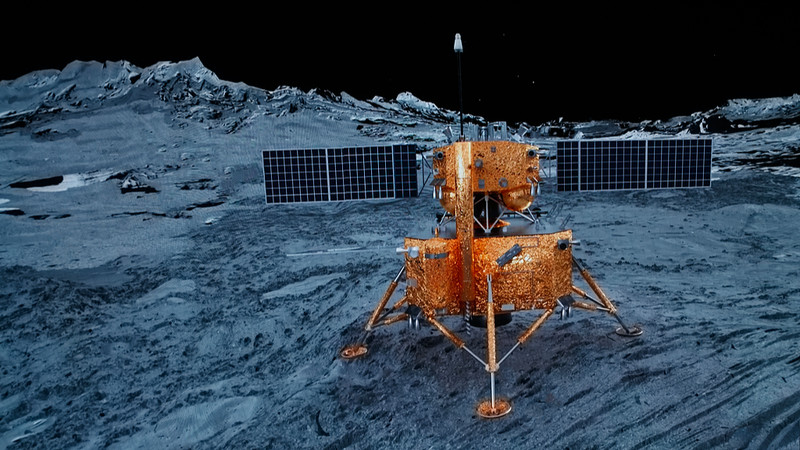Australia has given the green light to a world-first vaccine designed to shield endangered koalas from chlamydia, a disease that has devastated wild populations of the iconic marsupial.
Chlamydia can spread during breeding and trigger painful urinary tract infections, infertility, blindness and death, with infection rates soaring as high as 70% in some groups.
The single-dose shot, developed over more than a decade by the University of the Sunshine Coast (UniSC), was cleared this week by the Australian Pesticides and Veterinary Medicines Authority. It can now be used in wildlife hospitals, veterinary clinics and even out in the field.
A UniSC-led study found the vaccine slashed the chance of koalas developing symptoms during breeding age and cut mortality from the disease by at least 65% in wild populations.
'We knew a single-dose vaccine, with no need for a booster, was the answer to reducing the rapid, devastating spread of this disease, which accounts for as much as half of koala deaths across all wild populations in Australia,' said UniSC Professor of Microbiology Peter Timms.
Until now, antibiotics were the only treatment—and they often backfire. By disrupting a koala's ability to digest eucalyptus leaves, the plant that makes up their sole diet, antibiotics can lead to starvation and fail to prevent future infections.
With a decade of clinical data backing its safety and effectiveness, this breakthrough marks a milestone for wildlife conservation and tech innovation. For global communities invested in biodiversity and eco-solutions, it's a clear win for science and sustainability.
Reference(s):
Australia approves world-first vaccine to save koalas from chlamydia
cgtn.com




